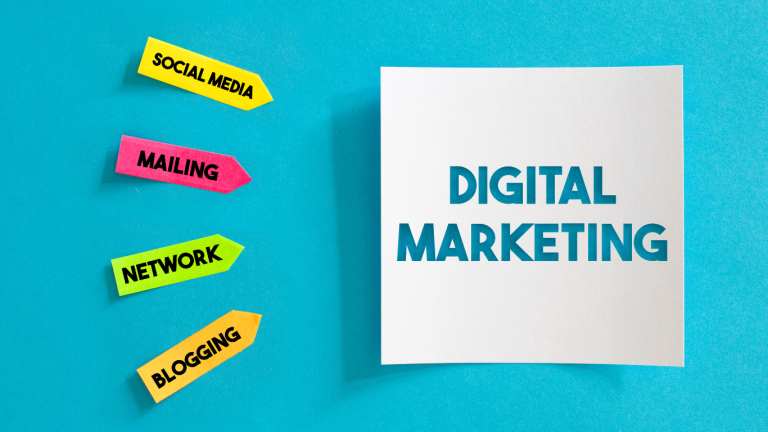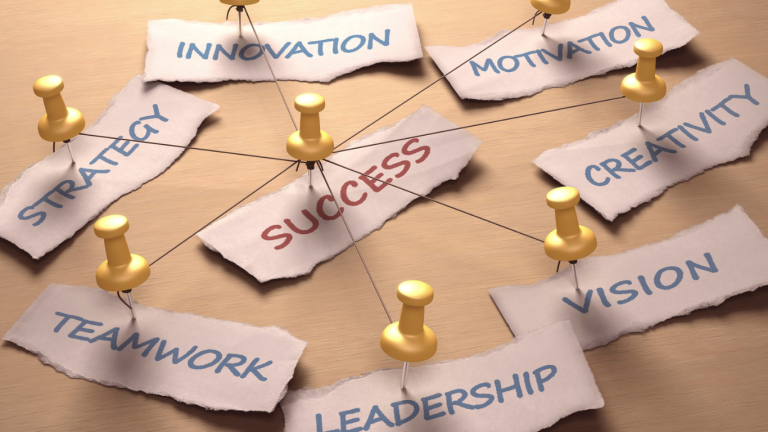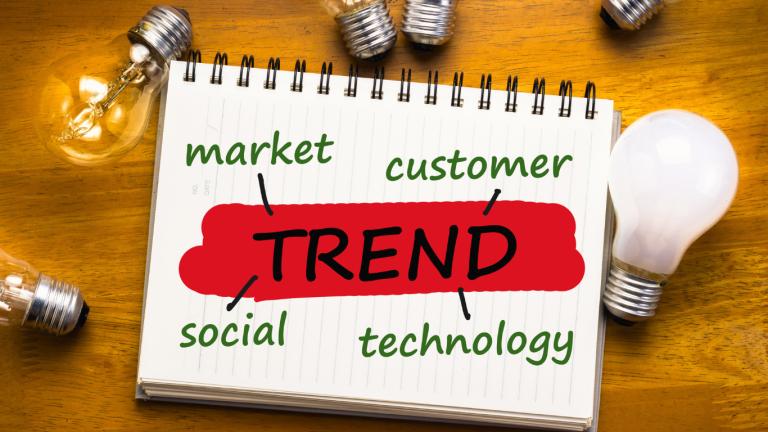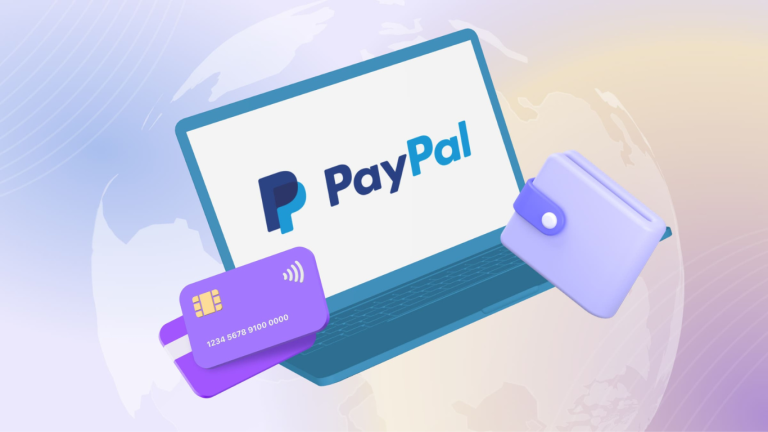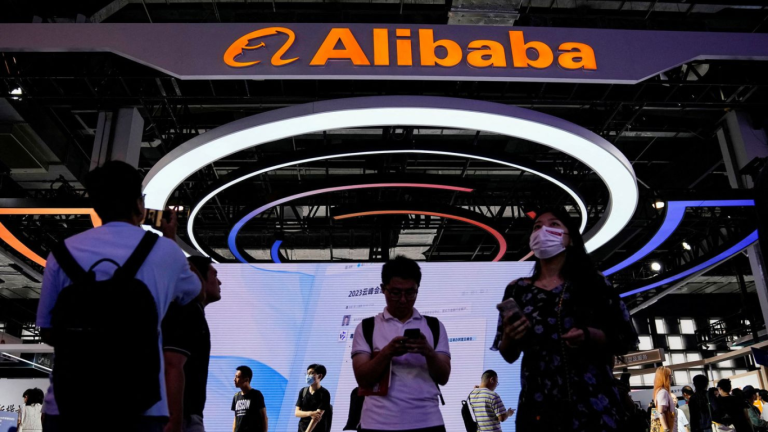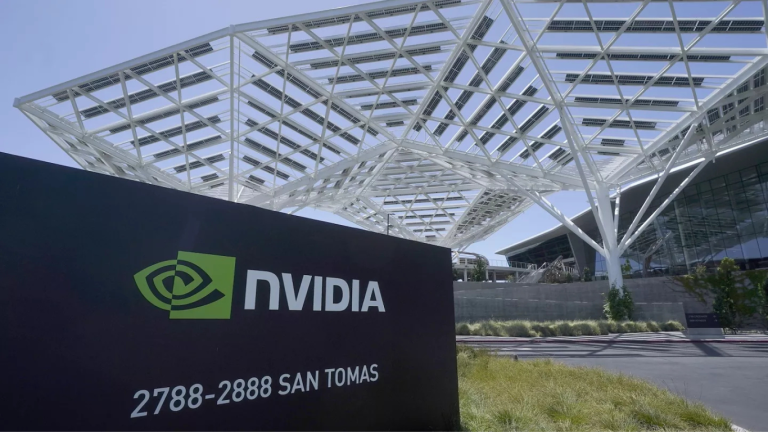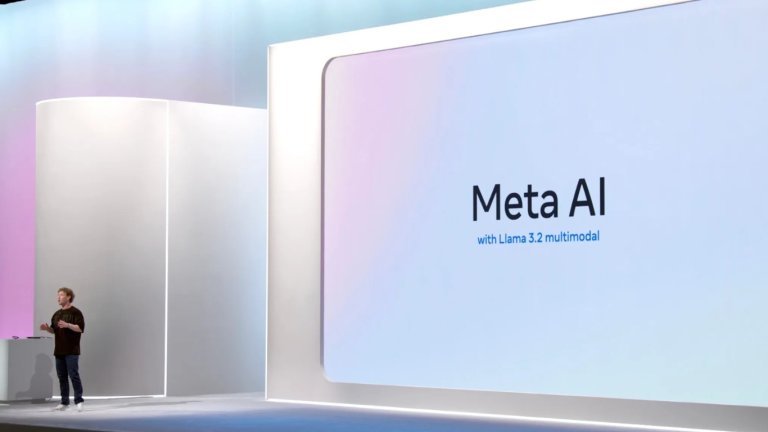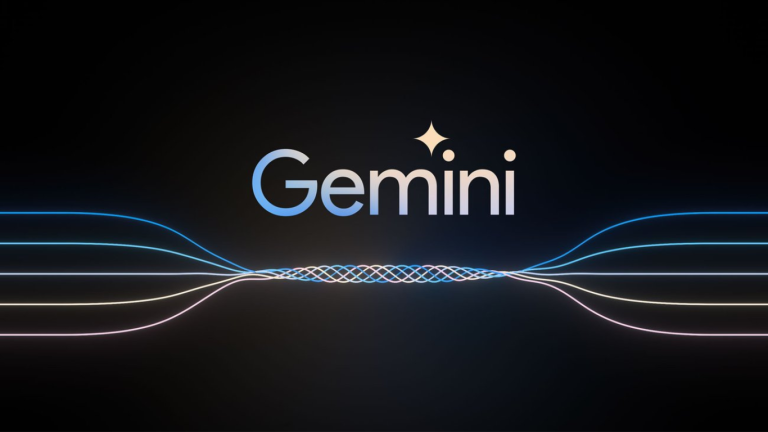1_large.png)
The Digital Evolution in FMCG: A Roadmap to Sustainable Growth
In today’s hyper-connected world, the FMCG industry is experiencing a profound transformation driven by digital innovation. Consider this: e-commerce sales accounted for more than 20% of global retail sales in 2023, with FMCG categories seeing double-digit growth in online transactions. Iconic brands such as Nestlé and Procter & Gamble have demonstrated how integrating digital tools into
traditional operations can drive growth, enhance customer loyalty, and unlock new markets.
Yet, this shift is not without its challenges. For businesses accustomed to the traditional brick-and-mortar model, adapting to digital demands can feel like navigating uncharted waters. But in this new landscape, one truth is clear: to remain competitive, FMCG companies must evolve. The digital revolution is not just an option; it’s a business imperative.
The Digital Imperative: Why FMCG Must Evolve
The modern consumer expects convenience, personalization, and seamless experiences across channels. These shifting preferences are rewriting the rules of engagement in the FMCG space.
- Changing habits: Shoppers are increasingly turning to online platforms for everything from grocery staples to household goods. Mobile apps, subscription services, and direct-to-consumer (DTC) channels are reshaping how brands connect with their audiences.
- Competition heats up: Digital-native brands and agile startups are leveraging technology to disrupt traditional players, gaining market share by offering superior customer experiences.
- Data as a differentiator: Companies with the ability to harness and analyze consumer data are better positioned to anticipate trends, optimize supply chains, and deliver tailored products.
Take the example of PepsiCo, which invested heavily in digital platforms during the pandemic, enabling the company to enhance its e-commerce presence and build stronger direct connections with its consumers. This strategy not only boosted revenues but also provided critical insights into consumer behavior.
Crafting a Digital Transformation Roadmap
Digital transformation in FMCG is not a one-size-fits-all approach. Companies need a structured, phased strategy to achieve meaningful results.
a. Assess Your Current State
Begin by conducting a comprehensive digital maturity assessment to understand where your organization stands in terms of technology, processes, and talent. Identify gaps that need to be addressed to align with digital objectives.
b. Set Clear Goals
Define what success looks like for your business. Are you aiming to increase e-commerce sales, enhance supply chain efficiency, or improve customer retention? Setting measurable goals helps maintain focus throughout the transformation process.
c. Prioritize High-Impact Areas
Focus on areas that offer the most immediate value. For many FMCG companies, these include:
- Demand forecasting: Using AI to predict sales patterns and optimize inventory levels.
- Marketing optimization: Leveraging data analytics for targeted advertising and customer segmentation.
- Supply chain enhancements: Implementing blockchain for greater transparency and traceability.
Leveraging Technology to Drive Change
Digital transformation hinges on adopting and integrating the right technologies. Here are some that are reshaping the FMCG sector:
a. Artificial Intelligence (AI) and Machine Learning (ML):
AI is revolutionizing the way FMCG companies operate. From predicting consumer demand to identifying trends and optimizing pricing strategies, AI offers unprecedented precision and efficiency.
b. Blockchain:
With rising consumer demand for transparency, blockchain technology enables FMCG companies to provide end-to-end traceability, ensuring ethical sourcing and supply chain integrity.
c. Omnichannel Integration:
Today’s consumers expect a seamless shopping experience across platforms. Omnichannel strategies unify online and offline touchpoints, allowing brands to deliver consistent and personalized interactions.
d. Internet of Things (IoT):
IoT-enabled devices offer real-time insights into production and distribution processes, enhancing operational efficiency and reducing waste.
Overcoming the Challenges of Transformation
Digital transformation is a complex journey, often fraught with challenges. Addressing these proactively can make the difference between success and stagnation.
a. Cultural Resistance:
Many organizations struggle with employee pushback when implementing new technologies. Building a culture of innovation requires:
- Transparent communication about the benefits of digital tools.
- Leadership-led initiatives to foster a growth mindset.
- Comprehensive training programs to upskill employees.
b. Outdated Infrastructure:
Legacy systems can be a significant barrier to progress. Transitioning to cloud-based, scalable solutions ensures flexibility and supports future growth.
c. Data Silos:
Fragmented data across departments inhibits decision-making. Implementing integrated systems allows for a unified view of operations and customer behavior.
The Business Case for Transformation
The potential returns from digital transformation are immense:
- Revenue growth: Digital channels open new streams of income, from e-commerce to subscription services.
- Cost savings: Automation and data-driven decision-making streamline operations and reduce inefficiencies.
- Customer loyalty: Personalization and convenience foster stronger relationships with consumers.
Consider Coca-Cola’s use of AI-driven vending machines that allow customers to mix flavors and provide feedback. This not only enhances the consumer experience but also generates valuable data for product development.
The FMCG sector is at a pivotal moment, with digital transformation redefining the industry’s future. Brands that embrace this shift stand to unlock significant growth opportunities, improve operational efficiency, and build lasting customer relationships.
At IBIACO, we understand the complexities of navigating digital transformation in the FMCG space. With our expertise in strategy and execution, we empower businesses to adopt innovative solutions that drive sustainable growth. Connect with our team today to explore how we can help you stay ahead in this dynamic landscape.

_medium.png)


